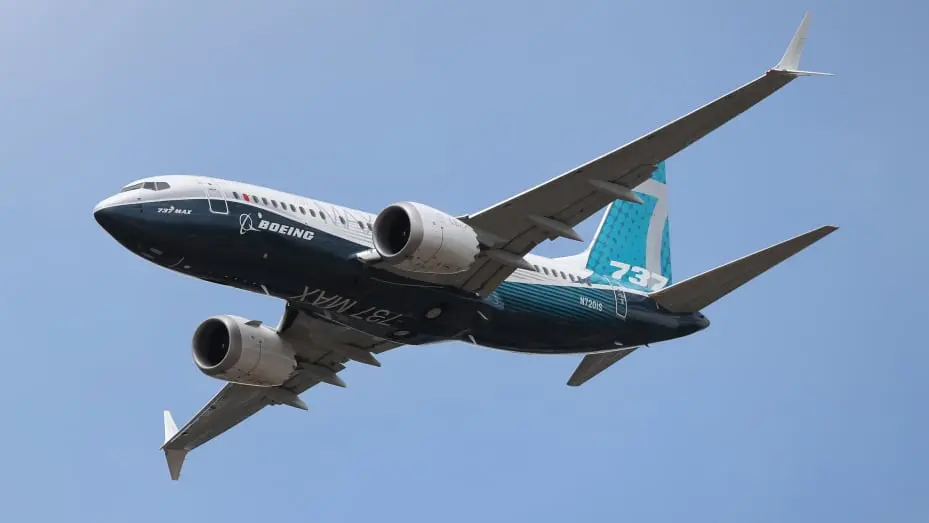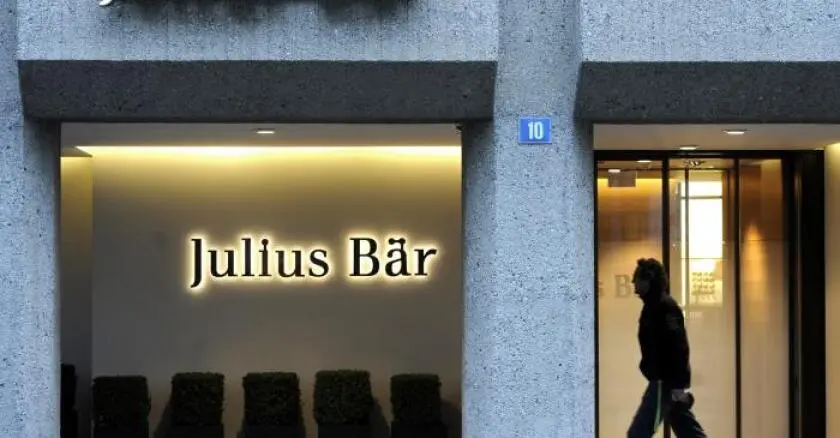
Not all justice is blind. The difficulty in punishing large corporations is to provide them with enough pain to deter bad conduct but not so much anguish that it causes unintentional misery elsewhere. Boeing, an American icon mired in trouble, is an example of that quandary.
According to sources, prosecutors are advising the Department of Justice to file criminal allegations against the $104 billion aviation firm for violating the conditions of its deferred prosecution agreement. Following two crashes that claimed 346 lives, Boeing consented in 2021 to a three-year settlement that precluded it from facing criminal charges. However, as part of the settlement, the company acknowledged that former staff members had misled the regulators, made a commitment to improve, and paid $2.5 billion. Boeing, according to the government, has not kept up its end of the agreement. Boeing denies that.
However, there is a problem. Because Boeing is a major economic force and a national champion, the government's ability to cause harm may be constrained. For instance, Boeing and Airbus, its European competitor, effectively share a duopoly in the commercial aviation sector. With more than $30 billion in foreign revenue in 2023, it is also the biggest exporter in the country. And many small subcontractors who provide parts for Boeing airplanes are also harmed by what harms the American aircraft manufacturer. Customers who are already suffering from delayed aircraft deliveries, such as Southwest Airlines, may have more difficulties.
Debarment from federal contracts, one of the largest concerns of prosecution for a business such as Boeing, is very difficult to implement. Government contracts accounted for more than a third of the company's $78 billion in sales last year, and consolidation has already reduced competition in the industry. Boeing has entered guilty pleas in the past, even for felonies, but that did not stop the business from returning swiftly to the federal contract gravy train. For instance, in 2003, the Air Force blocked the ability of certain Boeing units to secure contracts, but it gave the Boeing units two waivers for projects pertaining to space and rocketry. And there are penalties. It hurts, but not significantly for a business that had already seen its market worth drop by about $100 billion over the previous five years.
Boeing may be subject to less severe penalties, such as the hiring of "monitors" who observe the company's operations and provide updates to authorities, which is something that was imposed on banks involved in money-laundering offenses in the past, for example. Given the company's and its departing CEO Dave Calhoun's inability to address a number of self-inflicted issues, this kind of scrutiny may have some effect. Still, prosecutors will hope so. Making a national champion is difficult; it is more difficult to bring one under contro










